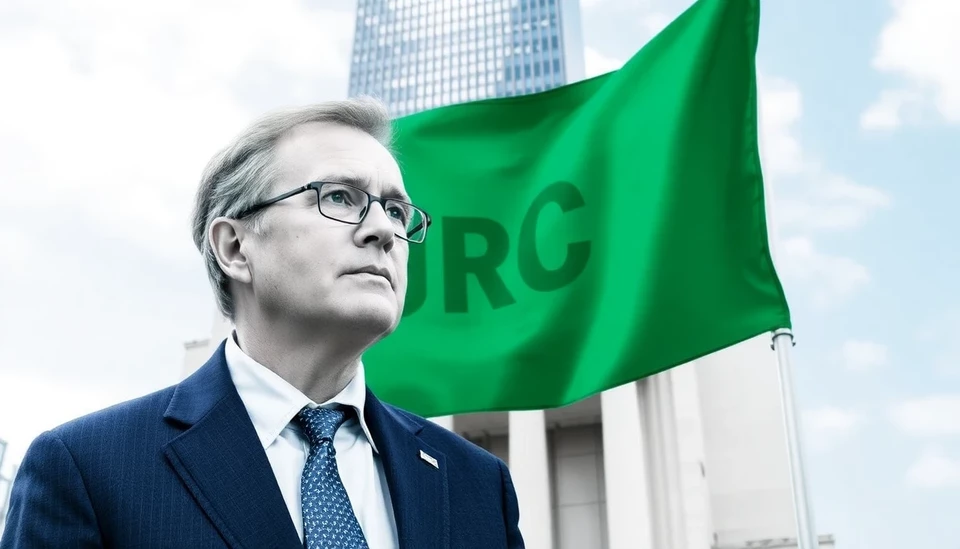
In a striking statement, Isabel Schnabel, a member of the Executive Board of the European Central Bank (ECB), has raised concerns that the recent trade strategies proposed by former U.S. President Donald Trump could signify a pivotal shift in global trade dynamics. Speaking at a high-profile economic forum, Schnabel emphasized the potential ramifications of Trump's aggressive trade policies, suggesting they could herald an 'end' to free trade as we know it.
Schnabel’s remarks reflect growing anxieties within the European financial community regarding the implications of unilateral trade decisions and the resurgence of protectionism. Historically, free trade has been regarded as a fundamental driver of economic growth and stability; however, Schnabel’s insights highlight a stark reality that nations may increasingly prioritize national interests over collaborative economic strategies.
During her address, Schnabel pointed out that Trump's approach to trade is characterized by a willingness to impose tariffs and utilize other measures that undermine international cooperative agreements. This strategy, she argues, risks escalating tensions between major economies and could potentially lead to widespread retaliation. As countries maneuver to protect their economic interests, Schnabel warns that this could destabilize global markets.
The ECB has been on alert as these developments unfold, considering the potential repercussions on the Eurozone’s economy. With lingering uncertainty about supply chains and trade agreements, Schnabel’s insights serve as a vital reminder of the interconnectedness of global economies and the delicate balance required to maintain stable trade relationships.
Furthermore, Schnabel elaborated on the historical context of free trade, underscoring that its principles have allowed economies to flourish and have contributed to advancements in technology and efficiency. The current trajectory of escalating trade conflict, however, threatens to unravel decades of progress, raising a clarion call for leaders to reconsider their strategies and prioritize diplomacy over economic isolationism.
In conclusion, Schnabel’s comments resonate with many economists and policymakers who are calling for a renewed commitment to free trade principles in the face of rising nationalism. As the world watches how these developments unfold, the ECB's role highlights the necessity for vigilance in protecting the foundational principles that have long fostered economic collaboration.
With the landscape of global trade at a potential turning point, the future remains uncertain. Will nations rally together to reaffirm their commitment to trade or succumb to the pressures of protectionist policies? Only time will tell.
<#>EConomy #FreeTrade #GlobalTrade #Trump #TradePolicy #IsabelSchnabel #ECBSpeaks #Protectionism #InternationalRelations
Author: Daniel Foster




